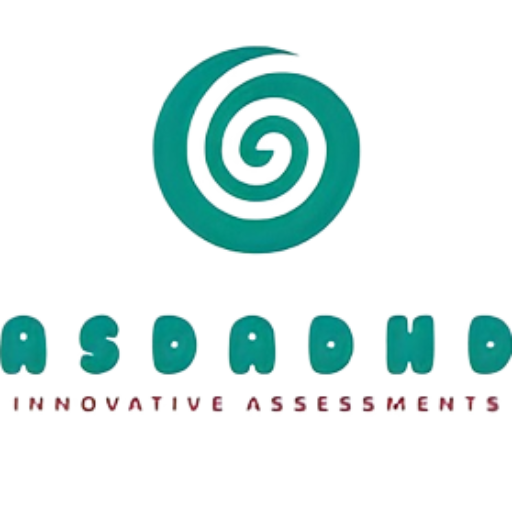10 Apr, 2024 | anishdr | No Comments
Unveiling the Relationship Between Sugar and ADHD: Debunking Myths and Embracing Facts | ADHD ASD Doctor
Understanding the Sugar-ADHD Connection
ADHD (Attention Deficit Hyperactivity Disorder) is a neurodevelopmental disorder characterized by difficulties with attention, hyperactivity, and impulsivity. Over recent years, there has been much speculation about the role of sugar in exacerbating ADHD symptoms. In this comprehensive guide, we delve into the relationship between sugar consumption and ADHD, separating fact from fiction to empower individuals with accurate information.
Attention Deficit Hyperactivity Disorder (ADHD) affects individuals of all ages, causing challenges in various aspects of life, including academics, work, and relationships. While the exact causes of ADHD remain complex and multifaceted, there has been considerable interest in understanding the impact of diet, particularly sugar intake, on ADHD symptoms.
Debunking the Sugar Myth
One of the most pervasive myths surrounding ADHD is the belief that sugar consumption significantly worsens symptoms. However, scientific research does not support this notion. Numerous studies have failed to establish a direct causal relationship between sugar intake and ADHD. Instead, factors such as genetics, brain chemistry, and environmental influences play more substantial roles in the development and manifestation of ADHD symptoms.
The Role of Diet in ADHD Management
While sugar may not directly cause or exacerbate ADHD, diet still plays a crucial role in managing symptoms. Certain dietary patterns, including those rich in whole foods, fruits, vegetables, lean proteins, and omega-3 fatty acids, have been associated with improved cognitive function and behavior regulation in individuals with ADHD. Conversely, diets high in processed foods, artificial additives, and excessive sugar may contribute to inflammation and oxidative stress, potentially worsening ADHD symptoms.
Understanding the Sugar Rush
While sugar itself may not cause ADHD, it can influence behavior and cognitive function, leading to temporary spikes in energy followed by crashes. In individuals with ADHD, these fluctuations may exacerbate existing symptoms of impulsivity, hyperactivity, and inattention. Therefore, moderation and mindfulness regarding sugar intake are essential for maintaining stable energy levels and supporting overall well-being.
Practical Tips for Managing Sugar Intake
For individuals with ADHD and their caregivers, making informed dietary choices can positively impact symptom management. Some practical tips include:
- Focus on Whole Foods: Prioritize whole, nutrient-dense foods such as fruits, vegetables, whole grains, and lean proteins.
- Read Labels: Pay attention to ingredient lists and nutritional labels, avoiding products high in added sugars, artificial sweeteners, and preservatives.
- Balance and Moderation: Allow for occasional treats while maintaining overall balance in the diet. Opt for healthier alternatives to satisfy sweet cravings, such as fresh fruit or dark chocolate.
- Meal Planning: Plan meals and snacks ahead of time to ensure access to nutritious options and minimize reliance on processed convenience foods.
- Hydration: Stay hydrated by drinking plenty of water throughout the day, as dehydration can sometimes exacerbate symptoms of inattention and fatigue.
Seeking Professional Guidance
While dietary adjustments can complement comprehensive ADHD treatment strategies, it’s essential to consult healthcare professionals for personalized advice and support. Qualified healthcare providers, including physicians, registered dietitians, and mental health professionals, can offer tailored recommendations based on individual needs, preferences, and medical history.
In conclusion, while sugar consumption may not directly cause or worsen ADHD, adopting a balanced and nutritious diet can positively impact symptom management and overall well-being. By debunking myths and embracing evidence-based practices, individuals with ADHD can empower themselves to optimize their health and thrive in various aspects of life. For comprehensive guidance on managing ADHD symptoms, visit ADHD ASD Doctor and access expert resources and support.

Write Reviews
Leave a Comment
No Comments & Reviews